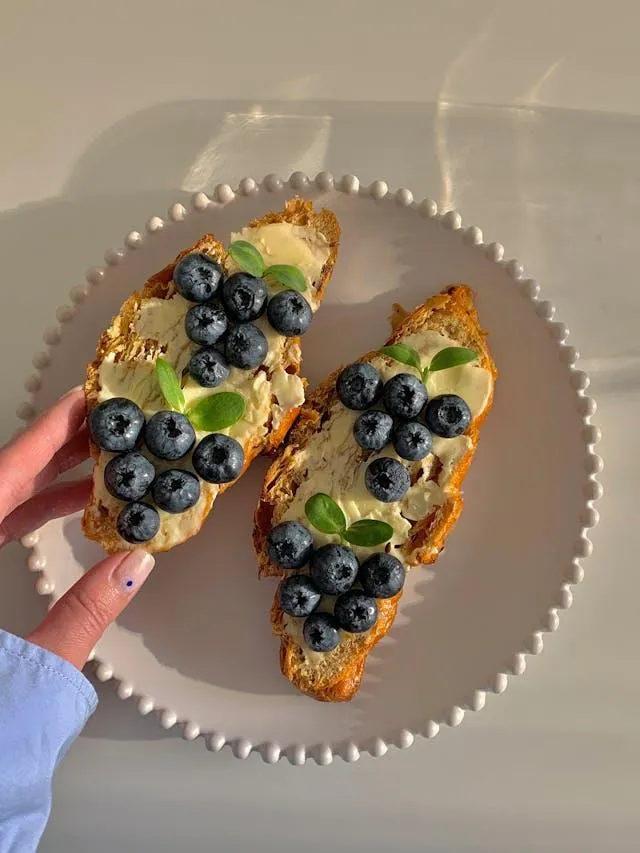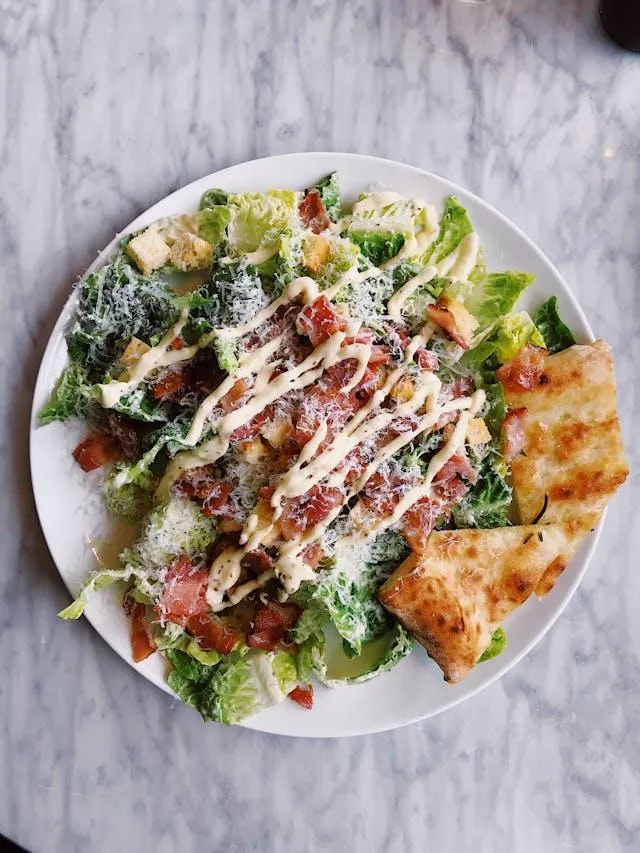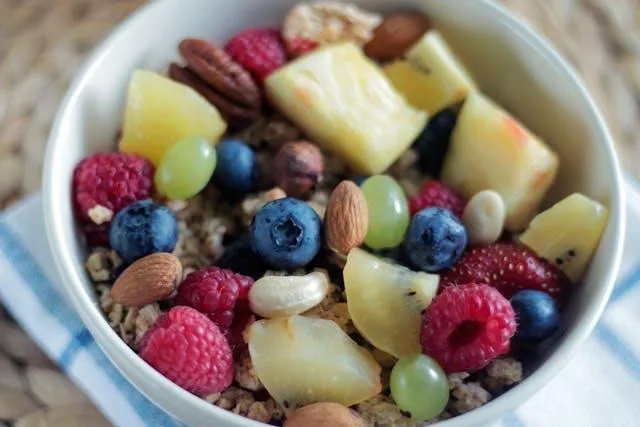Bite your blues away: the best foods for a happier mind

While relationships between diet and mental health can be complex, evidence increasingly points to the fact that how we eat influences our mental state.
Image: solod_sha /pexels
When life feels heavy, our first instinct is often to reach for comfort food: a tub of ice cream, a quick chocolate bar, or a steaming pizza.
But what if I told you that what you eat every day could be one of your most powerful tools to manage stress, lift your spirits, and even ease anxiety?
Emerging research shows that our brains and bellies are deeply connected, a link scientists now call the gut-brain axis. In simple terms: your food choices feed your feelings.
According to "Harvard Health Publishing", multiple studies now confirm that eating well isn’t just good for our waistlines, but it’s one of the simplest tools we have for better mental health.
But what foods help the most and why?
Here’s what research, nutritionists and wellness experts say about what to put on your plate when your mood needs a lift.
1. Food for when you're feeling stressed: Reach for berries, leafy greens and nuts
When stress hits, many of us crave sugar or salty snacks. But swapping those for berries, almonds, or a few squares of dark chocolate can help your body fight stress at the source. Chronic stress messes with our bodies and minds, but food can help buffer its effects.
The team at CHAMP (the University of Uniformed Services’ Consortium for Health and Military Performance) recommends loading up on antioxidant‑rich foods like blueberries, grapes and green tea to fight oxidative stress.
Magnesium‑rich foods such as almonds, pumpkin seeds and spinach help muscles relax and support serotonin production, the “feel‑good” chemical in the brain.
According to CHAMP dietitian Patricia Deuster, even small daily choices, like swapping crisps for raw veggies with hummus, can help us stay calmer and more resilient.
2. Feeling down or mildly depressed? Think Mediterranean
A major review in "Molecular Psychiatry" found diets rich in vegetables, whole grains, oily fish and olive oil, like the Mediterranean diet, are linked to a 30% lower risk of depression.
These foods fight inflammation, feed the brain, and stabilise blood sugar, which affects mood swings. Try grilled salmon or sardines twice a week for omega‑3 fatty acids EPA and DHA, which Healthline notes are linked to lower anxiety and depression risk.

Adding a variety of colourful fruits and vegetables to your diet can significantly benefit your emotional health
Image: Pexels
For vegetarians, walnuts, chia and flaxseeds help too, though fish sources remain the most effective, according to dietitians at Harvard.
3. If you find yourself feeling anxious: Sip chamomile or munch on bananas
When your thoughts won’t slow down, chamomile tea can help.
Research published in "Phytomedicine" found that chamomile extract reduced moderate anxiety, possibly by influencing neurotransmitters like serotonin and GABA, which promote relaxation and reduce anxiety.
Bananas are another unsung hero: packed with vitamin B6 and tryptophan, they help the body make serotonin.
"Harvard Health" also recommends foods rich in probiotics like yoghurt and kefir to support gut bacteria, which can influence anxiety levels through the gut–brain axis. In short, the adage rings very true: you are what you eat!

Good nutrition encompasses more than just superfoods.
Image: JÉSHOOTS/pexels
4. Battling fatigue or brain fog: Focus on B vitamins and whole grains
If your brain feels cloudy, it might need steady fuel. CHAMP advises eating balanced meals every three to four hours with lean proteins, whole grains, fruit and veg to keep blood sugar stable.
Whole grains, eggs, poultry and legumes also pack B vitamins, which support brain function and help make serotonin and dopamine. A study in the "Journal of Nutrition" found that adults with higher B‑vitamin intake reported better mood and concentration.
5. Need an emotional pick‑me‑up? Add colour to your plate
Eating the rainbow isn’t just for kids. Colourful fruits and vegetables flood the body with antioxidants, which protect brain cells and can lift mood.
Think beetroot, sweet potatoes, kiwi and carrots. Green leafy veg adds folate, linked to lower depression risk. Citrus and berries bring vitamin C, which lowers stress hormones.

Probiotic-rich foods such as yoghurt can also foster a healthy gut microbiome, positively influencing anxiety levels through the gut-brain axis. As the adage goes, you truly are what you eat!
Image: cottonbro studio/pexels
Good nutrition isn’t only about single “superfoods.” Experts suggest these daily habits:
- Eat smaller, balanced meals throughout the day to avoid energy crashes.
- Include fermented foods or take probiotics for gut health.
- Drink enough water (our brains are about 75% water!).
- Avoid skipping meals, as low blood sugar can trigger mood dips.
- Limit processed foods, sugary snacks and caffeine late in the day, which can worsen anxiety.
"Harvard Health" explains that depression can lead to poor food choices, but prospective studies show that how you eat first determines future risk. In other words, healthy eating can protect our mental health over time.
If you’re struggling with anxiety, depression or chronic stress, talk to a healthcare professional or dietitian.
But know this: your daily choices, breakfast smoothies, colourful salads or a simple herbal tea can be part of your mental wellness toolkit.